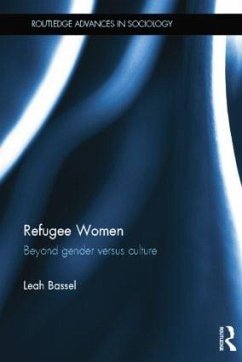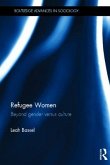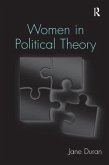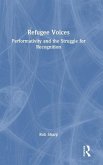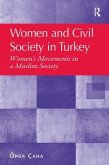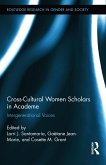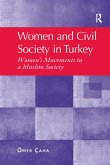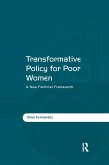Debates over the headscarf and niqab, so-called 'sharia-tribunals', Female Genital Operations and forced marriages have raged in Europe and North America in recent years, raising the question - does accommodating Islam violate women's rights? The book takes issue with the terms of this debate. It contrasts debates in France over the headscarf and in Canada over religious arbitration with the lived experience of a specific group of Muslim women: Somali refugee women. The challenges these women eloquently describe first-hand demonstrate that the fray over accommodating culture and religion neglects other needs and engenders a democratic deficit. In Refugee Women: Beyond Gender versus Culture, new theoretical perspectives recast both the story told and who tells the tale. By focusing on the politics underlying how these debates are framed and the experiences of women at the heart of these controversies, women are considered first and foremost as democratic agents rather than actors in the 'culture versus gender' script. Crucially, the institutions and processes created to address women's needs are critically assessed from this perspective. Breaking from scholarship that focuses on whether the accommodation of culture and religion harms women, Bassel argues that this debate ignores the realities of the women at its heart. In these debates, Muslim women are constructed as silent victims. Bassel pleads compellingly for a consideration of women in all their complexity, as active participants in democratic life. The book will appeal to students and scholars throughout the social sciences, particularly of sociology, political science and women's studies.
Hinweis: Dieser Artikel kann nur an eine deutsche Lieferadresse ausgeliefert werden.
Hinweis: Dieser Artikel kann nur an eine deutsche Lieferadresse ausgeliefert werden.

